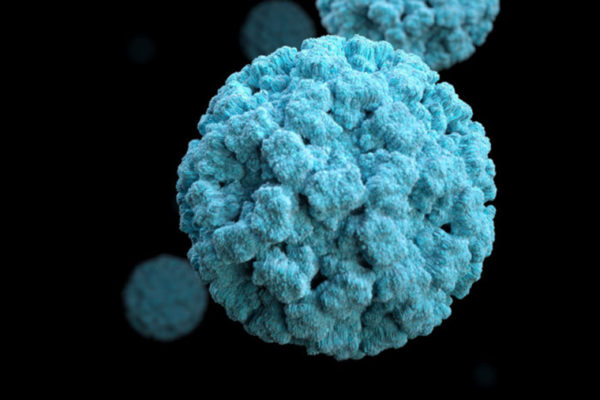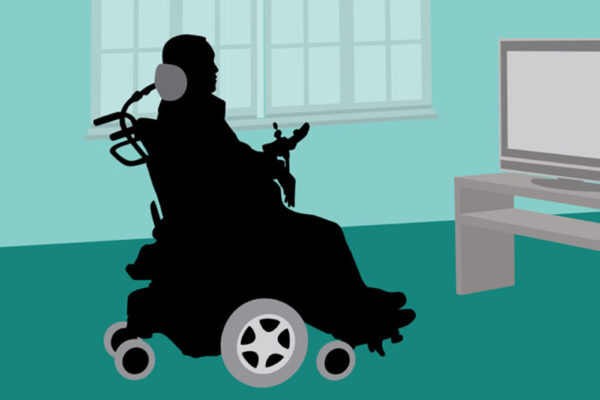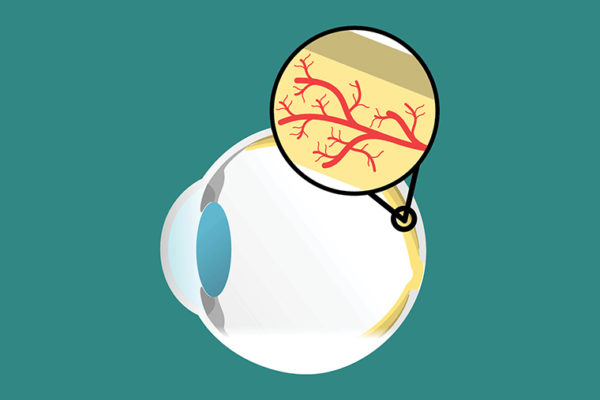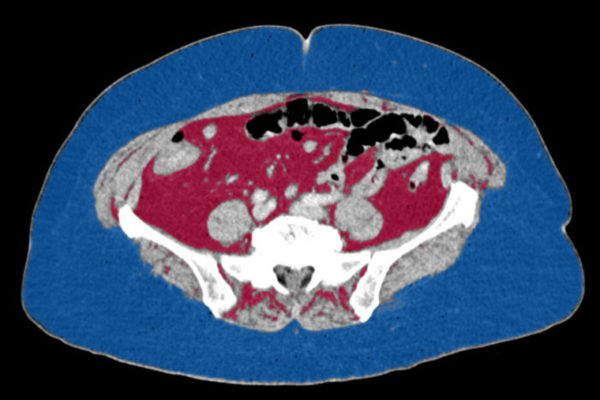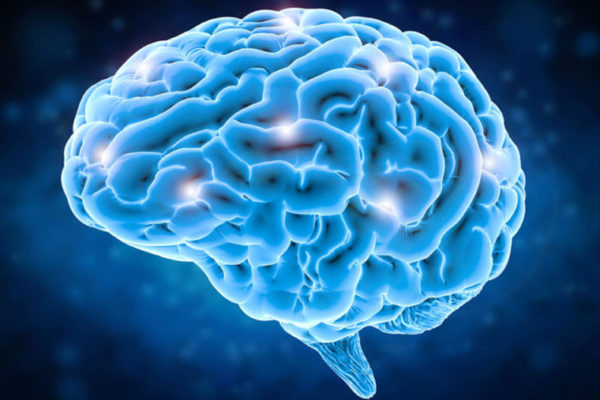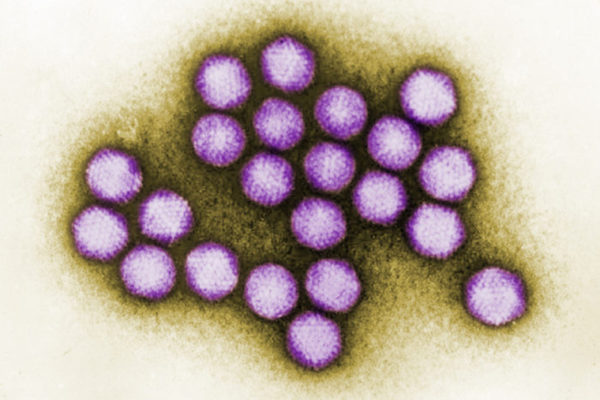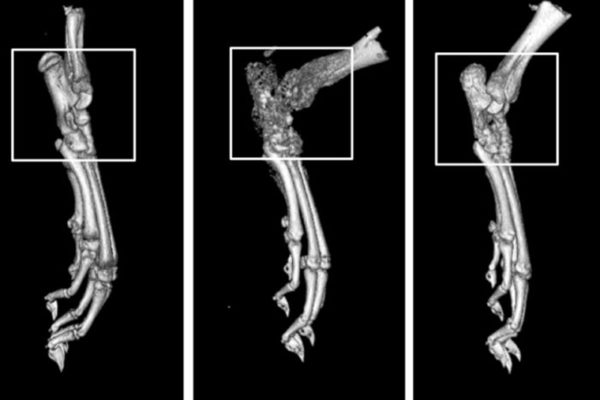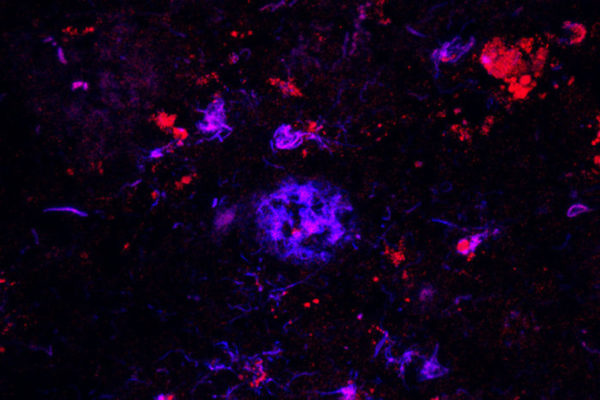How highly contagious norovirus infection gets its start
Researchers at the School of Medicine have identified how the highly contagious norovirus infection begins, in mice. Norovirus is a major cause of gastrointestinal illness worldwide.
ALS, rare dementia share genetic link
An international team of researchers led by School of Medicine scientists has identified genetic links between amyotrophic lateral sclerosis (ALS) and frontotemporal dementia, two conditions previously thought to be unrelated.
Discovering the genetic landscape of cancer
Researchers nationwide have reached a major milestone in describing the genetic landscape of cancer. Scientists at the School of Medicine and other institutions have completed the genetic sequencing and analyses of more than 11,000 tumors from patients, spanning 33 types of cancer — all part of The Cancer Genome Atlas (TCGA) project, funded by the National Cancer Institute and National Human Genome Research Institute, both of the National Institutes of Health (NIH).
Macular degeneration linked to aging immune cells
New research at the School of Medicine suggests that aging immune cells increase the risk for age-related macular degeneration, a major cause of blindness in the United States.
For women with kidney cancer, belly fat matters
Belly fat affects the odds of women surviving kidney cancer but not men, according to a new study by researchers at Washington University School of Medicine in St. Louis.
Slow, steady waves keep brain humming
Very slow brain waves may be more important than anyone had realized. Researchers at the School of Medicine have found that very slow waves are directly linked to state of consciousness and may be involved in coordinating activity across distant brain regions.
CRISPR enhances gene therapy to fight inherited diseases
School of Medicine scientists have combined the gene-editing tool CRISPR with a deactivated virus to deliver a healthy gene to a precise location in the bodies of living mice. And more importantly, the researchers demonstrated that the inserted gene remained properly activated in mice for at least six months.
Antibiotic use increases risk of severe viral disease in mice
Doctors recommend against taking antibiotics for viral infections because they don’t kill viruses — and they promote antibiotic resistance. A new study from the School of Medicine suggests another reason to avoid the pills: Taking antibiotics increases susceptibility to subsequent viral infection, at least in mice.
Drug compound shows promise against rheumatoid arthritis
Scientists have designed a new drug compound that dials down inflammation, suggesting possible future uses against autoimmune disorders such as rheumatoid arthritis. The new inhibitor is more selective than other compounds, according to new School of Medicine research.
Antibody removes Alzheimer’s plaques, in mice
Sticky amyloid plaques play a role in Alzheimer’s disease. School of Medicine researchers have shown that an antibody targeting a minor part of the plaques – a protein known as APOE – can sweep away the damaging plaques, opening potential treatment options.
View More Stories
